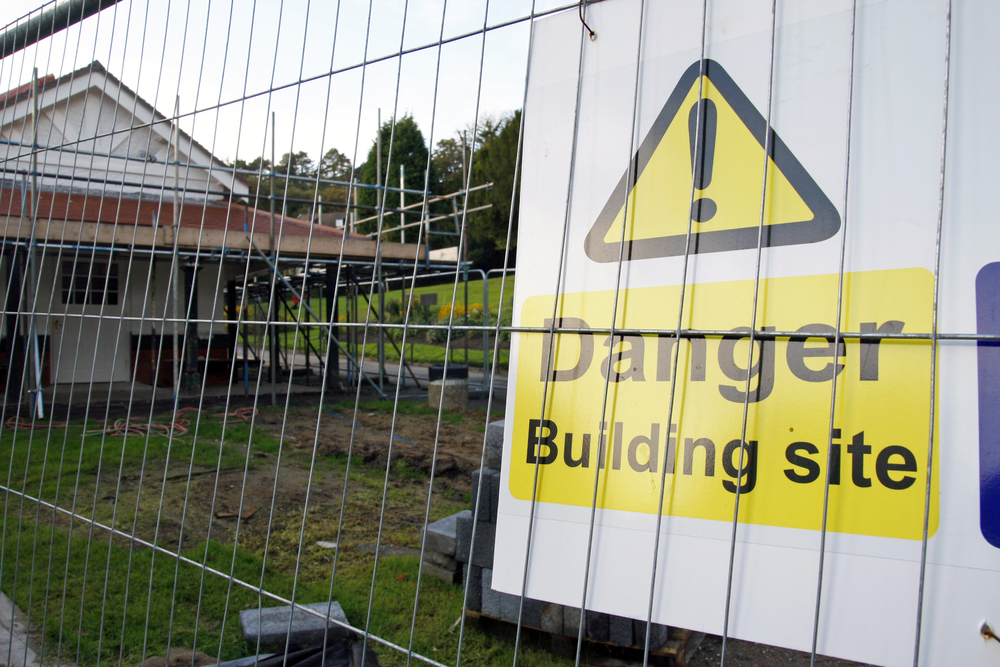Financial emergencies happen, its part of life. Job lay-offs, medical emergencies, and unexpected home repairs can really drain your bank account. Especially if you don’t have an emergency fund set up. And these expenses can lead to being late on your monthly bills.
With your utility bills, you can usually make payment arrangements or get extensions to carry you over, but our mortgage is something different. Being late on your mortgage payment can lead to late fees at the start, but eventually ending up costing you a lot more than your mortgage payment as it can put a big ding in your credit report and even lead to foreclosure processes. And you certainly don’t want to lose your home or have a foreclosure on your credit.
When you start to get behind on your mortgage, after the grace period of your first payment passes, you can expect to get a few phone calls, emails, and letter from the mortgage company asking you to get caught up or contact them. But if you’re not able to get caught up or don’t have a plan for making payments, you may be avoiding their calls. That will usually lead to someone from the mortgage company paying you a visit at home to make sure you’re still there. All of this will take about sixty-days from the time of your first grace period passing.
Now the trouble starts to get real and you can expect to see demand letters in the mail and even notices of foreclosure. So what do you do when the trouble has gone this far?
First, stop ignoring the problem. It’s not going to just go away, you’re not going to win the lottery and make it all better, if you don’t deal with it you can expect it to get worse. So it’s time to face reality and deal with the problem head-on.
Second, figure out a plan for making up the past due payments and stay on track for future payments. Take a look at your income and your budget to figure out where you can cut back for a little while so you can put the extra towards your mortgage. It may also be time to think about getting a part-time job, at least temporarily, to bring in some extra income.
Third, you need to finally have a talk with the mortgage company. Be open and honest about your current financial situation, what happened that caused you to be late, and discuss your options. Ask about paying the late payments a little at a time over a few months so for those months, you would make a payment a little higher than your regular payment. Ask about extending your mortgage term a couple of months so the late payments would be pushed back to the back of the mortgage. Ask if they would consider waiving any fees to help reduce your outstanding balance. They may say no to some or all of these things, but you’ll never know unless you ask. Your ability to negotiate will be highly effected by your previous payment history before you got behind. If you always paid on time, they may be more willing to work with you.
If all else fails, you may need to look at taking out a short-term loan or borrowing from a family member to get caught up.
Being sixty-days behind in your mortgage can mean trouble, but all is not lost yet. Stop avoiding the situation and talk to the lender so you can get yourself back on track.







